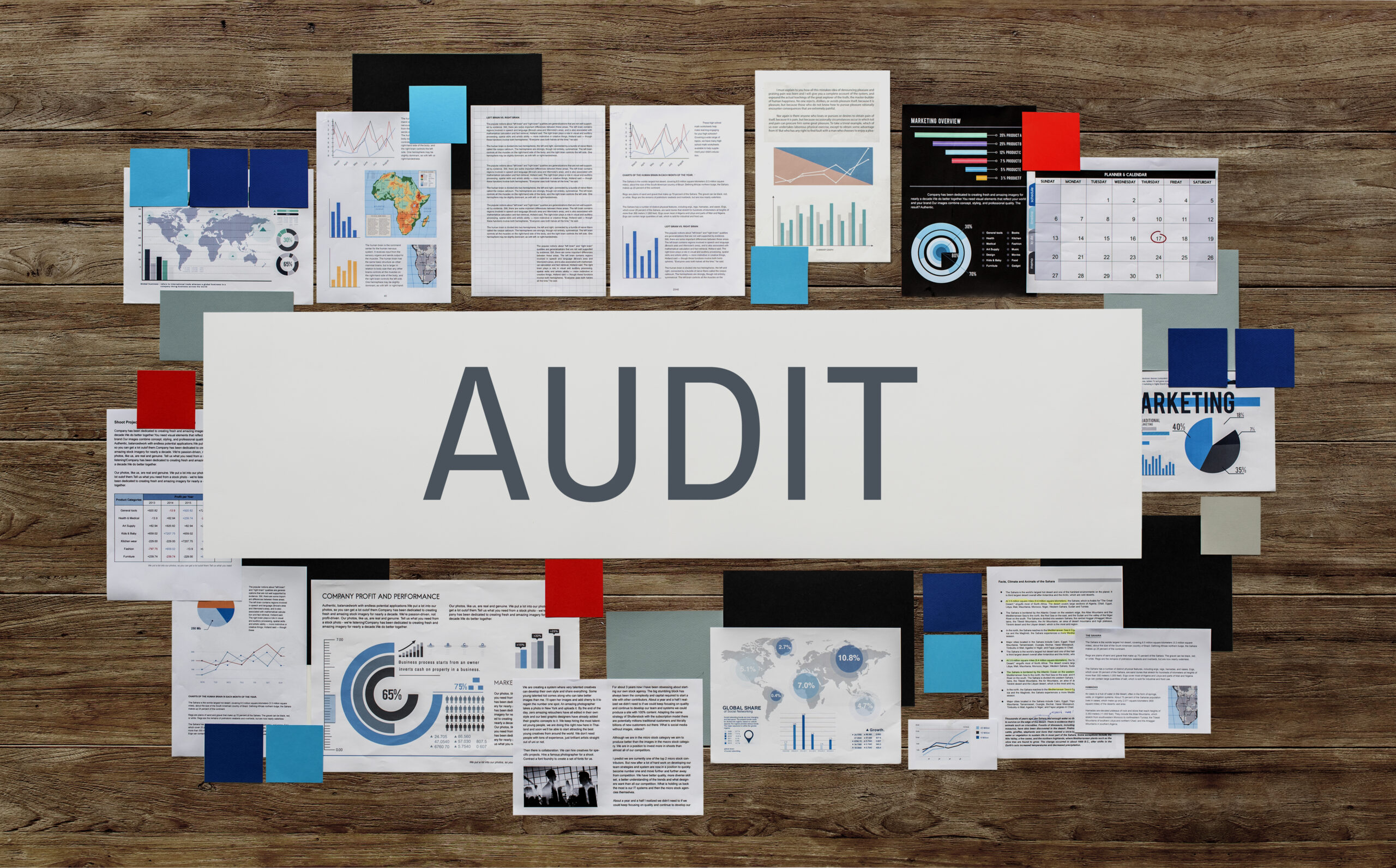Effective cash flow management for SMEs is essential for the survival and success of businesses of all sizes. It ensures that your business has enough liquidity to cover day-to-day operations, pay suppliers, and invest in growth opportunities. Without proper cash flow management, even profitable businesses can struggle to stay afloat. This article explores various key strategies of cash flow management that every SME should know to manage their cash flow effectively.
Why Cash Flow Management is Crucial for SMEs
Cash flow refers to the movement of money into and out of your business. It’s the fuel that keeps your business engine running. While profit is important, cash flow determines your business’s ability to meet its financial obligations on time. A positive cash flow means you have more money coming in than going out, while a negative cash flow indicates a shortage of funds, which can lead to financial stress.
For SMEs, maintaining a healthy cash flow is particularly important as they often operate with limited resources and may not have the financial cushion that larger companies do. Proper cash flow management helps avoid situations where you can’t pay your bills, support your growth initiatives, or respond to unexpected expenses.
Key Cash Flow Management Strategies for SMEs
1. Create a Cash Flow Forecast
A cash flow forecast is a projection of your business’s cash inflows and outflows over a specific period, usually 12 months. It provides a clear picture of your future financial position and helps you plan accordingly.
How to Create a Cash Flow Forecast:
Gather Historical Data
Use past sales, expenses, and payment data to project future cash flows.
Estimate Inflows and Outflows
Predict your expected revenue and expenses for the coming months, including sales, loan payments, and operational costs.Update Regularly
Revisit and update your forecast as new information becomes available, such as changes in the market or unexpected expenses.
By forecasting your cash flow, you can anticipate potential shortfalls and take proactive measures, such as securing financing or adjusting your expenses, to avoid cash crunches.
2. Accelerate Cash Inflows
Speeding up cash inflows is one of the most effective ways to maintain a positive cash flow. This means getting paid faster and more consistently.
Tips to Accelerate Cash Inflows:
Invoice Promptly
Send invoices immediately after the service is provided or goods are delivered.
Offer Early Payment Discounts
Encourage customers to pay early by offering a small discount for prompt payment.
Set Up Automatic Reminders
Use accounting software to send automated payment reminders to customers, reducing the likelihood of late payments.
Accelerating cash inflows helps ensure that your business has the liquidity needed to meet its obligations and invest in growth opportunities.
3. Control Cash Outflows
While it’s important to focus on bringing in cash, managing how money leaves your business is equally crucial. Controlling your expenses can significantly improve your cash flow.
Strategies to Control Cash Outflows:
Negotiate with Suppliers
Seek better payment terms or discounts for early payments with your suppliers.
Review and Reduce Expenses
Regularly audit your expenses to identify and eliminate unnecessary costs.
Implement Cost-Saving Measures
Look for areas where you can save, such as energy efficiency or bulk purchasing.
By carefully managing your outflows, you can free up cash to use elsewhere in your business.
4. Manage Your Inventory Efficiently
For businesses that hold inventory, managing stock levels effectively is critical to cash flow management. Excess inventory ties up cash that could be used elsewhere, while too little can lead to missed sales.
Inventory Management Tips:
Implement Just-in-Time (JIT) Inventory
Order stock as needed to reduce holding costs and free up cash.
Monitor Inventory Levels
Use inventory management software to keep track of stock levels and sales trends.
Identify Slow-Moving Stock
Identify products that aren’t selling well and consider discounting them to free up cash.
Efficient inventory management helps reduce storage costs and increases cash availability for other business needs.
5. Plan for Seasonal Fluctuations
Many businesses experience seasonal variations in cash flow, with some months being more profitable than others. Planning for these fluctuations can help avoid cash shortages during slower periods.
How to Plan for Seasonality:
Build a Cash Reserve
Save extra cash during peak seasons to cover expenses during slower periods.
Adjust Your Forecast
Update your cash flow forecast to reflect seasonal trends in your business.
Diversify Revenue Streams
Consider offering new products or services that aren’t subject to seasonal fluctuations.
By planning ahead for seasonal changes, you can maintain a steady cash flow throughout the year.
6. Use Financing Wisely
While it’s ideal to have cash on hand for all expenses, there may be times when external financing is necessary. Using the right type of financing can help manage cash flow without putting your business at risk.
Types of Financing to Consider:
Line of Credit
Provides flexible access to funds that can be used as needed, making it a good option for managing short-term cash flow gaps.Invoice Factoring
Sell your unpaid invoices to a factoring company for immediate cash, improving liquidity. However, do keep in mind that this will come at a cost.
Business Credit Card
Useful for covering short-term expenses, but be mindful of interest rates.
Using financing wisely can provide the cash you need to cover expenses or invest in growth opportunities without straining your cash flow.
MORE READ ABOUT:
Prince Narula Digital PayPal Modern Solutions for a Modern Business
Conclusion
Effective cash flow management for SMEs is a fundamental aspect of running a successful business. By implementing these key strategies—such as creating a cash flow forecast, accelerating cash inflows, controlling outflows, managing inventory, planning for seasonality, and using financing wisely—you can ensure that your business has the cash it needs to operate smoothly and grow sustainably. Remember, cash flow isn’t just about survival; it’s about positioning your business to thrive.
At GenZed, our comprehensive bookkeeping services enhance cash flow management for SMEs. We provide you with weekly data-driven cash flow reports with actionable insights and tailored strategies for your businesses specific needs and goals. To learn more about how we can help to elevate your cash flow, talk to our experts on 020 3290 6939 today, and turn cash flow management from a challenge into a competitive advantage for your business.



